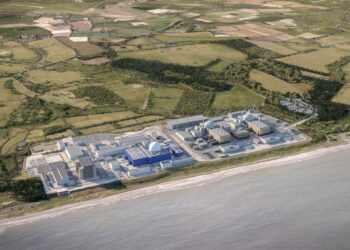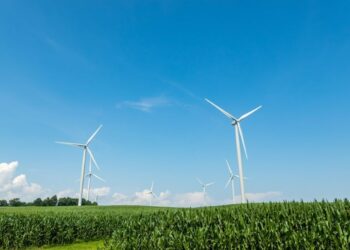Gokhan TaymazManaging Director / Corporate Advisor

areas of expertise
- Global Business Environment Analysis
- Strategic Planning and Execution
- Government Relations
- Public Policy Support
- Corporate Resiliency
- Market Penetration
- Strategic Communications
- Knowledge Management
education
- Executive Master of Business Administration, University of Oxford
- MA, Government Relations and Political Communication, Laureate Bilgi University
- Senior Level Executive Programs, NATO School Oberammergau, Germany
- Knowledge Management
- Political Analysis
- Strategic Planning
- Crisis Management
- Strategic Communications and Micro Targeting
- BS, Aerospace Engineering, Istanbul Technical University
Gokhan Taymaz is a globally recognized executive advisor with over 25 years of international experience at the nexus of investments, private sector growth, and geopolitics. He is renowned for guiding Fortune 500 companies, institutional investors, and high-growth enterprises through complex regulatory environments and volatile geopolitical landscapes.
Known for his ability to bridge public-private interests, Gokhan has a proven track record of shaping market-entry strategies, re-aligning investment portfolios, and facilitating high-stakes negotiations in sectors ranging from energy and infrastructure to technology and industrial manufacturing.
A trusted strategic advisor to chairpersons, boards, and investment committees, Gokhan has led transformative initiatives that mobilize capital, drive cross-border expansion, and unlock long-term value across diverse markets. His career spans key advisory roles in multinational corporations and global institutions, where he has consistently aligned commercial strategies with emerging political and economic realities.
Latest insights & analysis on Gökhan's area of expertise
-
EDF commits $1.5 billion more to Britain’s Sizewell C nuclear plant
France’s state-controlled energy giant EDF has announced it will inject an additional £1.1 billion ($1.5 billion) into the UK’s ambitious Sizewell C nuclear project, deepening its role in one of Britain’s most consequential infrastructure undertakings. The move was unveiled during French President Emmanuel Macron’s state visit to the UK — the first by a European head of state since Brexit — underscoring efforts to rejuvenate Franco-British cooperation in strategic sectors.
The Sizewell C project, located on England’s Suffolk coast, is at the heart of London’s strategy to modernize its power fleet. With many of the UK’s ageing nuclear reactors nearing the end of their operational lives, new builds like Sizewell C are essential to replace retiring capacity, bolster long-term energy security, and anchor Britain’s legally binding commitment to achieve net zero emissions by 2050.
July 9, 2025 -
Trump orders crackdown on U.S. wind and solar incentives
U.S. President Donald Trump has moved aggressively to curtail government support for wind and solar power, ordering federal agencies to tighten rules around tax benefits for renewable energy projects as part of a broader push to prioritize fossil fuels and energy “independence.”
In an executive order issued Monday, Trump directed the Treasury Department and the Interior Department to ramp up enforcement of provisions contained in the recently passed One Big Beautiful Bill Act — a sprawling budget package that Congress approved and Trump signed into law last week. The legislation effectively accelerates the wind-down of federal tax credits for renewable energy developers, slashing incentives that were previously locked in through the next decade.
July 8, 2025 -
New U.S. budget bill rolls back climate ambitions, doubles down on fossil fuels
The sweeping budget package moving through Congress signals a dramatic recalibration of U.S. energy and climate priorities. Passed by the Senate and now under debate in the House of Representatives, the “One, Big Beautiful Bill” slashes funding for clean energy initiatives, weakens incentives for wind and solar, and paves the way for a major resurgence of fossil fuel production—both onshore and offshore.
It marks a striking pivot from the climate-focused policies of the Biden era to a blueprint that more closely aligns with former President Donald Trump’s vision of U.S. energy dominance. At the heart of the bill is a sharp curtailment of the tax credits that have underpinned America’s booming wind and solar sectors.
July 3, 2025



